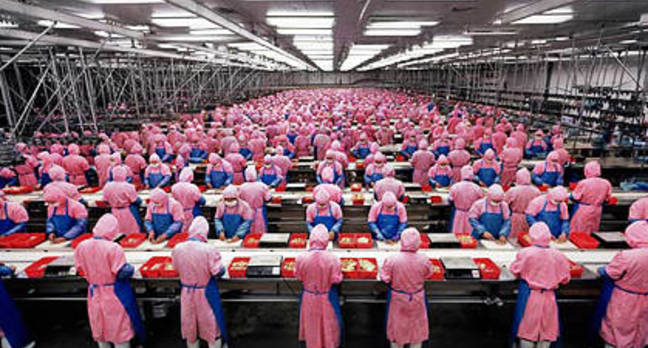5 Areas Japan Modernized and Restored
- The eradication of feudalism allowed for people to specialize in any job they would like, which meant greater economic stability and security.
- The formation of the national education system and constitution. This constitution and system meant that most people had to attend six years of public school because it is the moral thing to do. This was a change towards the western model. They also implemented a diet program, which in turn made people heathier.
- An overhaul of military strategy and weaponry. During the restoration rebellion was stifled using a newly trained infantry unit that was western trained. The introduction of fire arms also meant the traditional samurai were made obsolete.
- They introduced a tax system which allowed for the rapid expansion and growth of the economy.
- The political scene changed from a bunch of warlords ruling over Japan to an "emperor" who did not rule directly, but rather had a council to take into consideration.
Source: Modern Tokyo Industrial Plant


